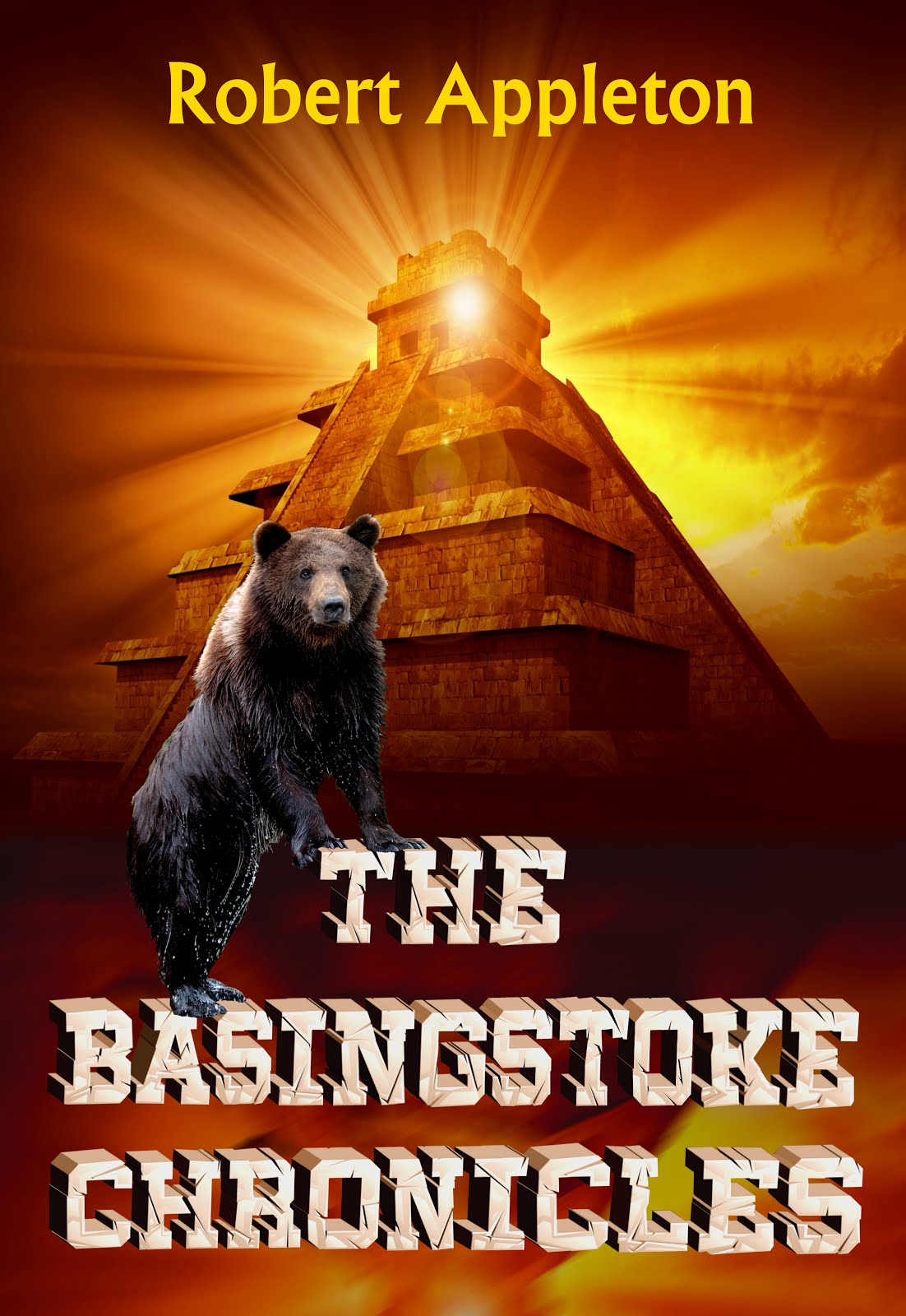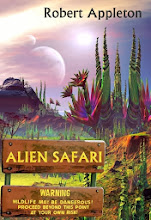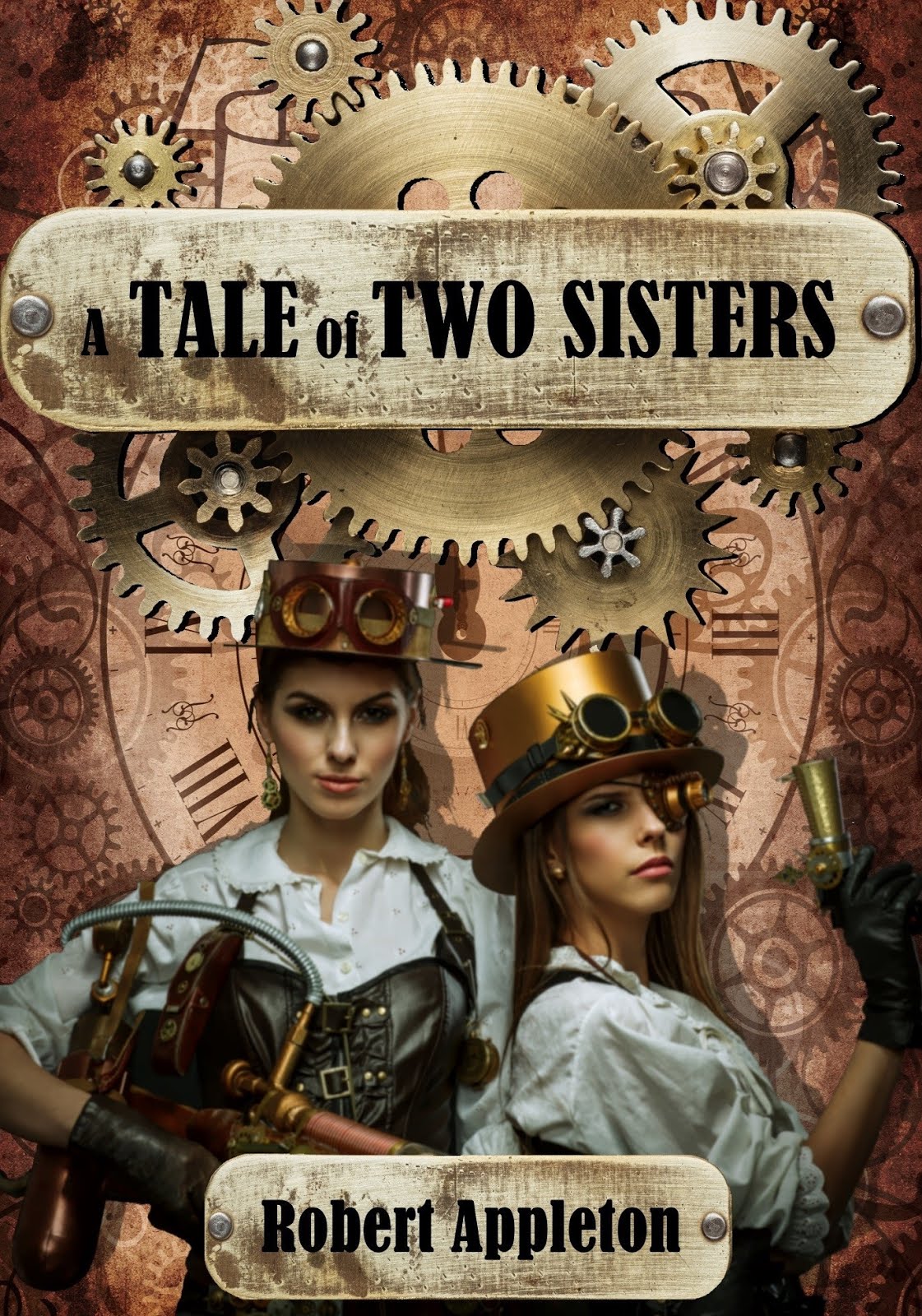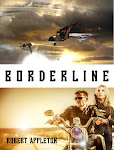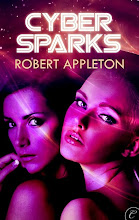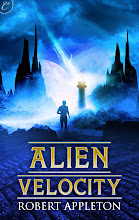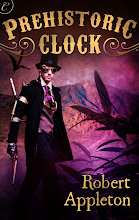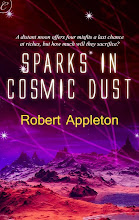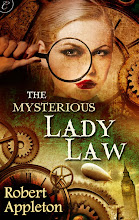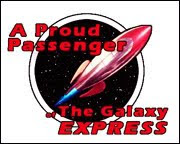While reading Ray Bradbury's brilliant short story 'A Sound of Thunder' the other day, I couldn't help thinking what an awesome movie it would make. A time travel safari company, dinosaurs, adventure, a mind-bending finale; it's classic SF stuff. But when Hollywood tried to adapt it, the best they could do was a cheap-looking (despite being big-budget) and poorly executed FX actioner that didn't really expand upon Bradbury's ideas in any compelling way. It starred Edward Burns, Catherine McCormack, and Ben Kingsley--three really good actors--but wasted them all. Even reliable genre director Peter Hyams stumbled badly.
So let's see the RIGHT ways to adapt sci-fi/ fantasy books
Book(s):
Lord of the Rings (JRR Tolkien)
Movie(s): Lord of the Rings (dir. Peter Jackson, 2001-3))
Jackson injected moments of real poetry into his epic adaptation of Tolkien's fantasy masterpiece. The movies are an unusual but winning mix of scope, intimacy, schlock and art. While not as magical as the books, they're near-perfect in terms of storytelling and technical virtuosity. And full of genuine emotion.
Book:
Journey to the Center of the Earth (Jules Verne)
Movie: Journey to the Center of the Earth (dir. Henry Levin, 1959)
Changing the German protagonists into Scots does nothing to diminish this charming adaptation of Verne's classic subterranean adventure. It's fun, exciting, and James Mason is the ultimate Verne scientist, going head-to-head with dinosaurs, the unknown, and an opinionated female companion (surprisingly the best departure from Verne's novel, played by the formidable Arlene Dahl). Even Pat Boone is well-cast, and gets to croon a few folk songs along the way.
Book:
Contact (Carl Sagan)
Movie: Contact (dir. Robert Zemeckis, 1997)
Sagan's visionary but cluttered novel was condensed and sharpened in every way by an excellent screenplay that keeps the focus solely on its heroine, Ellie Arroway. Zemeckis brings his usual visual panache to the tale of mankind's first message received from outer space, and the lonely, driven stargazer who uncovers it. Jodie Foster gives the performance of a lifetime.
Book:
Twenty Thousand Leagues Under the Sea (Jules Verne)
Movie: 20,000 Leagues Under the Sea (dir. Richard Fleischer, 1954)
James Mason, in his other, much darker Verne role, plays the brilliant-but-twisted Captain Nemo, master of the undersea realm, bent on vengeance against mankind's war-mongers. He's the polar opposite of Kirk Douglas's fun-loving rogue, Ned Land. The contrast of the two forms the heart of this marvellous Disney adaptation. Genius production design brings us the definitive Nautilus, impeccable interiors, and the famous giant squid battle. In my mind, the film's better than the book.
Book:
The Mysterious Island (Jules Verne)
Movie: Mysterious Island (dir. Cy Endfield, 1961)
Harryhausen's giant creatures steal the show in this exciting adaptation of Verne's survival story. The original novel isn't fantasy, it's more like Robinson Crusoe with a bigger cast of characters, and the iconic balloon escape is pretty much the only action sequence that remains intact. Still, a strong, rugged hero, good monsters, and Bernard Herrmann's inspired score more than make the grade for a classic family adventure.
Book:
She (H Rider Haggard)
Movie: She (dir. L. Holden, I. Pichel, 1935)
Hammer made a pretty good version in 1965, starring Ursula Andress, but it lacked the ambition of this Golden Age feast produced by King Kong's Merian C. Cooper. Sure, the performances are a little stilted, the pace leisurely, and the Arctic setting is nowhere near Haggard's original. But there's a genuine otherworldliness to the huge sets, the costumes, and overal scale of the production. Helen Gahagan isn't a beauty like Ursula Andress (or even Helen Mack, who steals the hero's heart early on), but she's a commanding presence. A good effort overall, if not a patch on the book.
Book:
The Time Machine (HG Wells)
Movie: The Time Machine (dir. George Pal, 1960)
Charming version of Wells's classic time travel tale. It looks good, feels right--Rod Taylor is a fantastic Victorian hero--and there's just enough food for thought amid the family-oriented goings-on in the eight-thousandth century. Better than the 2002 remake, though the first twenty minutes of that one are brilliantly done.
Book:
Starship Troopers (Robert Heinlein)
Movie: Starship Troopers (dir. Paul Verhoeven, 1997)
Verhoeven gets rid of the power suits and other infantry tech, and gives them machine guns instead. This immediately makes them vulnerable, and when the first combat mission starts, they're chopped up big time. It's a huge SF war film with amazing aliens and a tongue-in-cheek fascist overtone. Nowhere near as intelligent as Heinlein's novel, it's still a genre extravaganza I'm glad they made. Endlessly rewatchable.
Book:
Robinson Crusoe (Daniel Defoe)
Movie: Robinson Crusoe on Mars (dir. Byron Haskin, 1964)
One of the more interesting adaptations on the list, this is a fairly obscure SF film that tends to make a big impression on viewers who don't know what to expect. It's a smart, well-thought-out survival tale of an astronaut stranded on Mars with his pet monkey. Watch how the filmmakers turn staples of the novel--pirates, Man Friday, procuring food and drink, using items from his crashed ship--into imaginative science fiction. Good stuff.
Book:
War of the Worlds (HG Wells)
Movie: War of the Worlds (dir. Byron Haskin, 1953)
Updated from Victorian London to 50's America, this is one of the best SF films ever made. It's tense, scary, snappily scripted and acted, and there's a genuine sense of apocalyptic menace as the alien invaders tear across the world in their impenetrable ships. One thing that usually impresses me about these 50's/60's SF/F films is the casting of the male lead. Here it's Gene Barry, a relative unknown at the time. He's a strong, intelligent actor, and he gets a lovely female co-star in Ann Robinson. I like the Spielberg/Cruise remake as well--it nails the novel's subjective point of view--but this original is the one against which all alien invasion movies are measured.
Book:
Frankenstein (Mary Shelley)
Movie: The Curse of Frankenstein (dir. Terence Fisher, 1957)
Most film buffs rate Karloff's 1933 original as the definitive adaptation of Shelley's tale, but I disagree. I find the eponymous doctor himself far more interesting than the monster. Here he's played by Peter Cushing, who strikes sparks off the script, the scenery and every thing else in the first of Hammer's legendary horrors. Good support is given by Hazel Court and Robert Urquhart, and of course Christopher Lee as the ill-fated monster. The film might lack the poetry of Whale's original, but it makes up for it with a far more complicated protagonist.
Book:
Jurassic Park (Micheal Crichton)
Movie: Jurassic Park (dir. Steven Spielberg, 1993)
Crichton's ingenious concept of a dinosaur theme park allowed him to explore genetic engineering and science ethics in a very clever, readable novel. Spielberg hand-picked some of the best action set-pieces and kept several intelligent conversations intact for the movie. Goldblum's Ian Malcolm gets all the best lines, while the CG dinosaurs made history. It's scary and enormous fun. One of the definitive summer blockbusters, and a very good cautionary SF tale (Crichton's forte).








